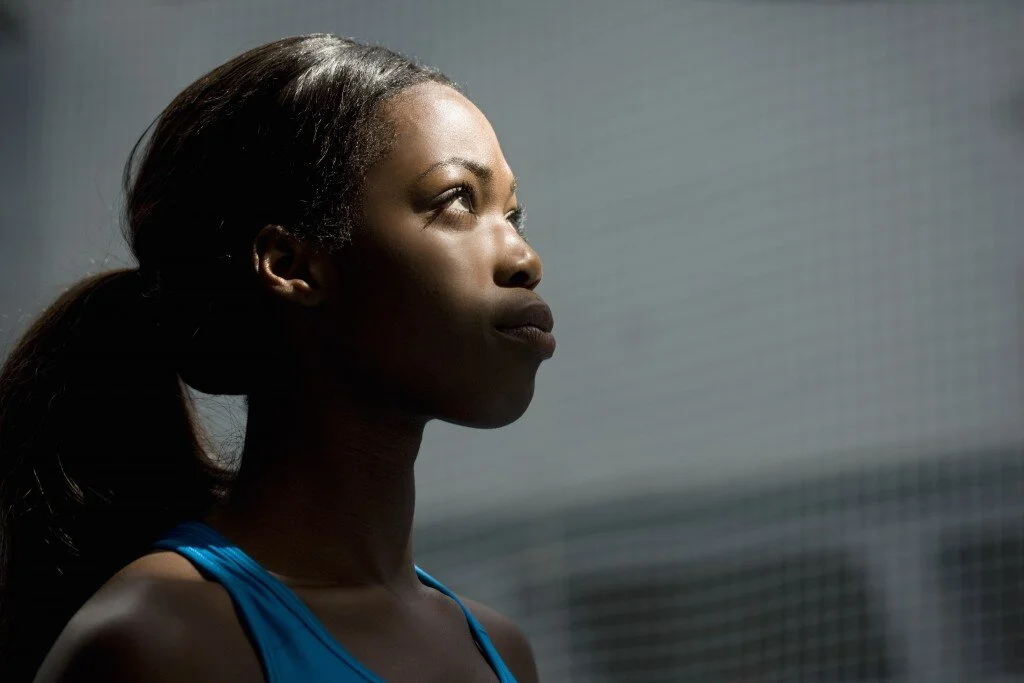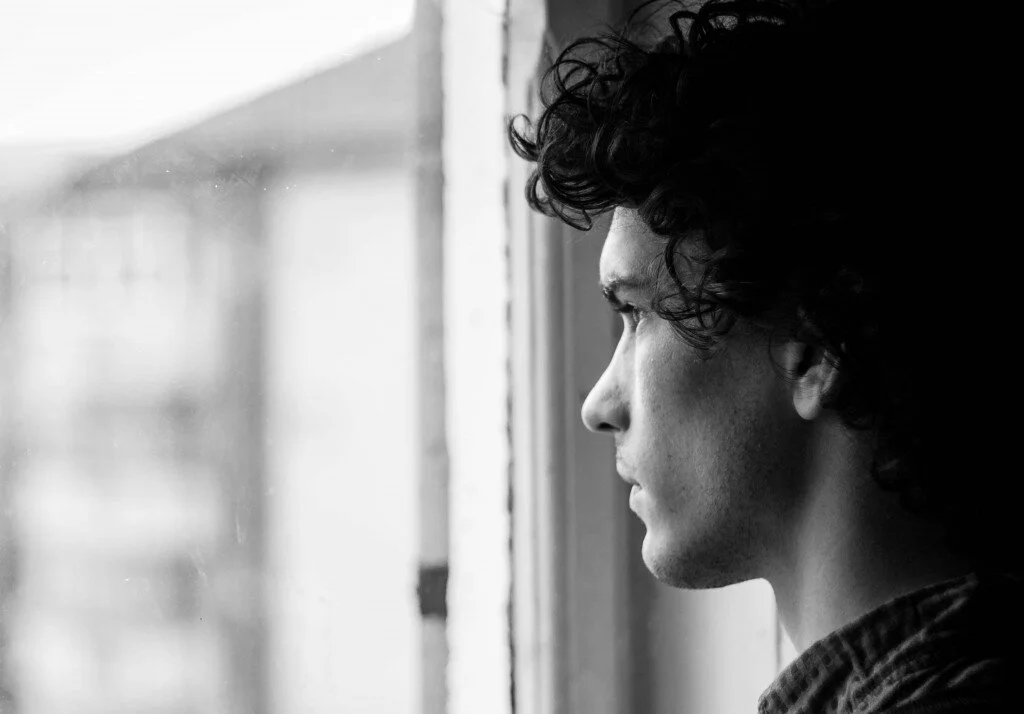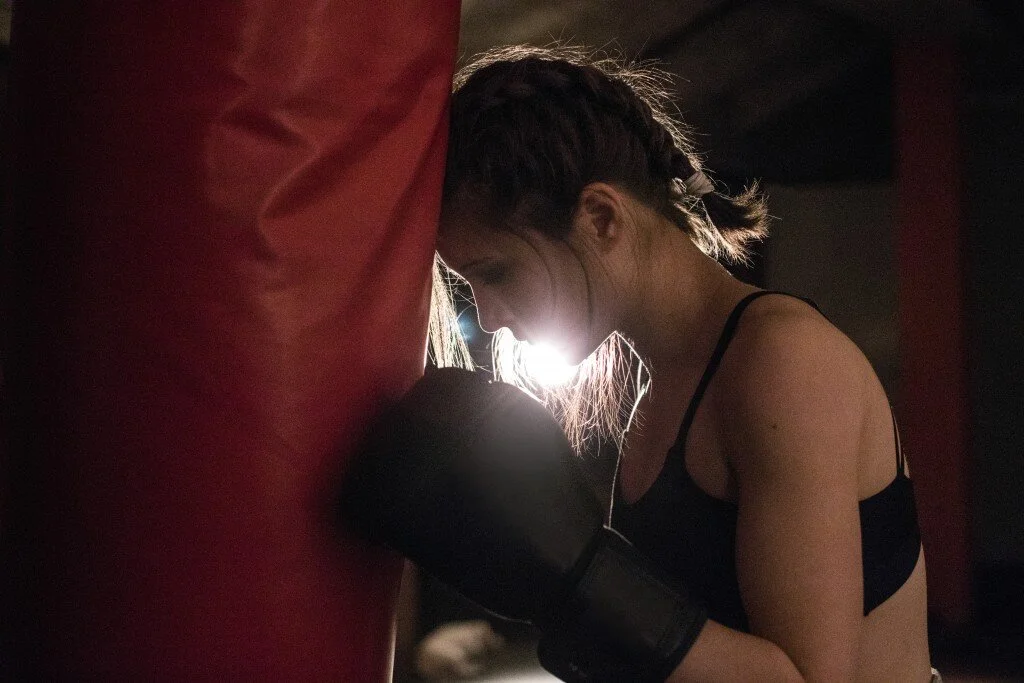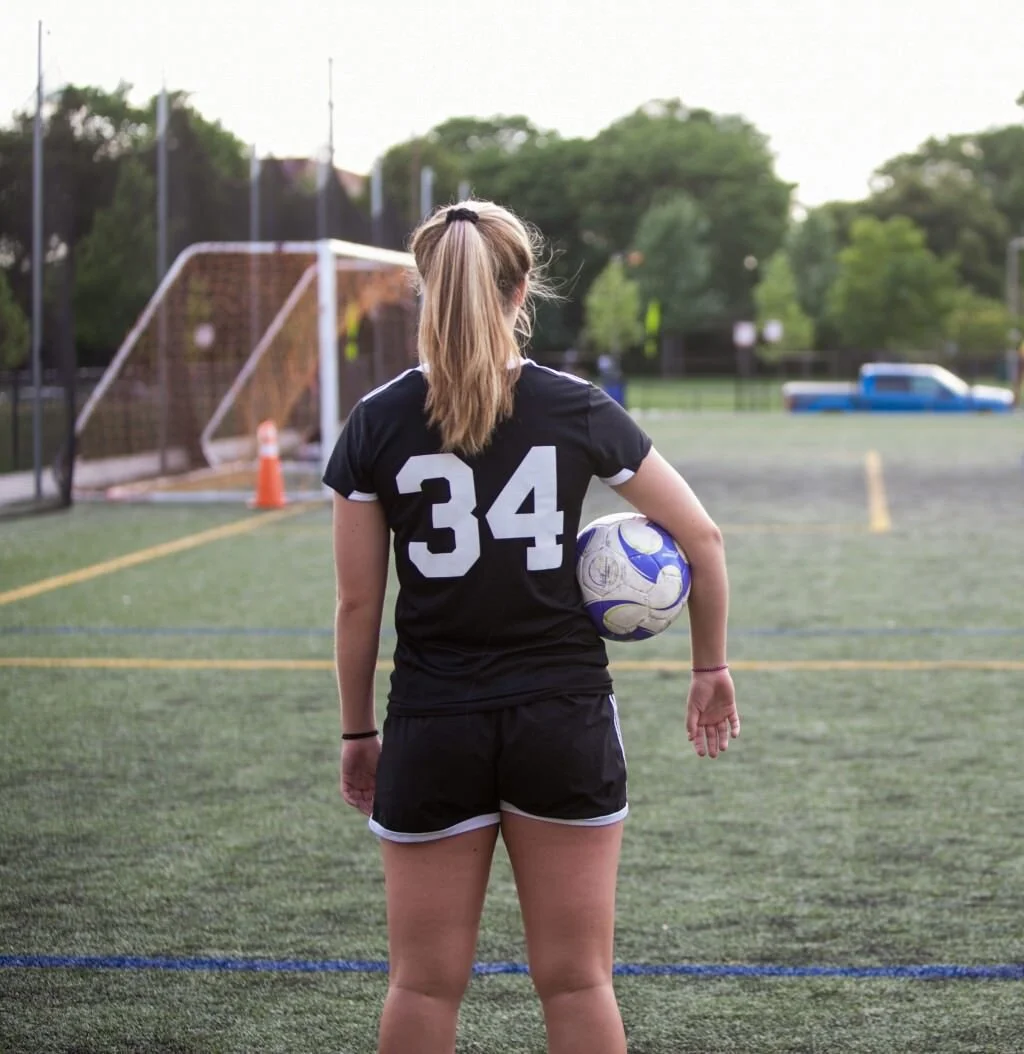Sometimes difficult transitions can make treating yourself kindly even more challenging. Evaluating emotional responses and internal dialogues while proceeding to implement change can be a tiresome task, as discussed in our previous articles here and here. Despite its potential difficulty, the exercise of evaluating internal dialogues can impact powerful change. Once you have learned to “mind your mind” and create more healthy internal dialogues, you are ready to start rebuilding what was lost.
Read MoreInsightful articles for helping permanently-sidelined athletes find a meaningful way forward.
Being forced to give up your sport due to health reasons can be an extremely discouraging situation. The reality for sidelined athletes is that discouragement can lead to depression and for some, depression can lead to despair. You may be struggling to find your way forward without your sport and feel hopeless or lost. You may be hurting silently and feel like nobody understands.
It is important for you to know you are not alone. Sidelined USA is made up of a team of athletes, former athletes, professionals, and community members who are all committed to helping you find a way forward that is meaningful to you.
Read MoreIf you are aware of a sidelined athlete experiencing depression, it is essential to continuously monitor for potential suicidal tendencies. Nothing can be taken for granted. The signs of suicide risk are similar to the signs of depression so it is of utmost importance to be on the front end with suicide prevention awareness and pay close attention to a deepening depression.
Sidelined USA wishes to equip all members of the athlete’s support network to understand the signs that may indicate additional help and intervention are necessary. To that end, we have compiled the following information and
Read MoreThe reality is, for many athletes, the peak performance era in competitive sports is sometimes ended sooner than expected. Whether that be a career-ending injury, repeat injuries that eventually make a comeback next to impossible, a new medical diagnosis, or a series of concussions that threaten to impact long-term brain health, being forced out of a competitive sport due to medical reasons can be devastating. More than “losing your sport” at this point, you may feel like you’ve also been stripped of your identity. Somehow, you need to make a mental shift and create a new identity. Granted, this can be extremely difficult and can take years. However, there are many ways to make this transition easier. One specific way is to retain your physicality.
Read MoreBeing forced to retire from competing in a sport that you love is objectively heartbreaking. You’re allowed (even encouraged) to let yourself feel every negative emotion that comes with grieving the loss of a really important aspect of your life and identity. What remains important throughout this process though, is that you treat yourself with kindness and patience. You owe it to yourself to alter any internal-dialogues which threaten to convince you that these circumstances are more disastrous than you are strong.
As we begin to analyze our internal dialogues, we should be wary of unhelpful thought patterns that have manifested themselves so deeply that they impact our entire perception of the world, our experiences, and ourselves. These thoughts are not reality-based and overtime they are reinforced, resulting in biases, irrational thoughts, and groundless beliefs.
Read MoreRetirement from elite sport can impact every facet of our lives. This transition can feel like utter chaos. To some degree, almost every aspect of our life may look different; from our social circles, to our routines, to the way we see ourselves as people. On the most tangible level, our bodies themselves will likely change after retiring from elite sport. It is incredibly difficult for our self-esteem to be left unscathed after such a significant life transition. The things we once took pride in may not be feasible to us anymore. We may grapple to understand ourselves which leaves room for doubt to creep in and insecurity to take form.
Read MoreThe decision to recommend athlete retirement due to concerns for brain health is not one to be taken lightly. Several factors must be considered, as the removal from sport itself may lead to its own issues down the line, especially if the decision is made for the athlete instead of by or with the athlete. Most athletes, especially one-sport athletes or those playing at an elite level, identify themselves heavily with their sport. For this reason, forced retirement can have a significant impact on their overall wellbeing.
As outlined below, there are several factors to consider when discussing possible retirement from sport due to brain health concerns.
Read MoreThere are many different scenarios an athlete can experience which may lead to being permanently sidelined from their sport. As athletic trainers, we often find ourselves as the first responders to many of these injuries or situations. Most people associate being sidelined with a catastrophic injury that happens in an instant. However, several times we are forced to have a conversation regarding long term dysfunction and quality of life with our athletes and in most cases their parents as well.
Read MoreWe found this chart to be very helpful and true to our experience in finding a way forward after being sidelined. This is a research-based path recommendation for sidelined athletes by counselor in sports psychology, Matt Brown. This recommendation was designed after interviewing and studying sidelined athletes and their responses to career-ending injury.
Read More








